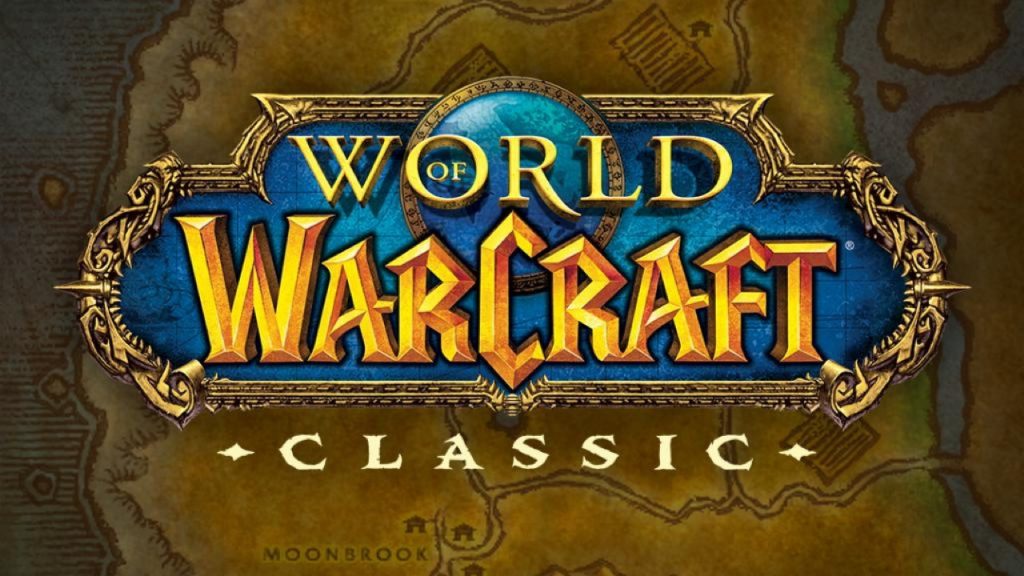Mobile devices have long since become an indispensable means of accessing news and entertainment, apart from the function of communication. The evolution of industry platforms and advancements in technology make mobile entertainment more popular than ever. Mobile apps on both the Apple Store and Google Play reach the number of nearly 5 million and continue to grow every day. In which, game products account for a major part. The mobile game development industry is therefore booming. Certain OS users usually pick games built on the native platform, but if they can be compatible across other operating systems or sync instantly across devices, then multi-platform game apps turn out to be a much more appealing proposition. New consumer standards for broader and more diverse connectivity make it impossible for game developers to stay out of the such fast-growing segment with promising prospects, especially as games reach more interactive players, it means they are more success in the game industry and their profits will increase significantly. Let’s evaluate and shed some light on the benefits and challenges that creators face when it comes to cross-platform game development in the article below.
Table of Contents
What is cross-platform mobile game development?
Cross-platform game development can be explained in a simple and straightforward way as creating a game that can work on at least two platforms at the same time.
While native mobile app development focuses on designing competent game apps at single target platform, with cross-platform games developers require many different software tools together to build games from popular code and art assets that can be adapted for multiple operating systems. One codebase is available to all developers including scripting languages, software libraries, game engines, and SDK toolsets that develop platform-specific nuances. Even so, cross-platform development is considered complex and requires detailed error and compatibility level checking in the finished version before release.
The indisputable benefits of cross-platform game development
From the player’s perspective, cross-platform games make it possible for them to play and interact with their friends without worrying about whether they own a device or use different platforms. Easy access and connectivity ensure players for a better game experience. In addition, during cross-play, they can suggest each other to interact in another cross-platform game that a member loves. That means their motivation to purchase or download is higher with the least amount of marketing effort from the developers.
From a professional point of view, there are many factors that make cross-platform mobile game development a piece of cake not to be missed.
Save time and effort.
As a game development company or an indie developer looking to make money from the game you create, you will certainly care about the cost and labor involved. A common codebase allows teams to work quickly and efficiently without having to set up a separate one for each platform. It also becomes easy to maintain or upgrade instead of modifying and deploying it on multiple independent platforms. This maintains high stability for the game application and eliminates any waste in term of both effort and money.
Low marketing costs and maximum target audience coverage
When your game is cross-platform compatible, you don’t need to spend a lot of money on marketing. You can make it available on multiple platforms right out of the box and reach your target audiences relative to the total number of players on all integrated platforms. Even if players change devices, they can access the game on the new device. Also, as mentioned above, the group benefit phenomenon will turn your players into marketers for your other products. Getting your game into the hands of more players is a huge revenue opportunity. According to VB Live, if your game works on multiple platforms instead of one, your revenue can increase by 20 to 40%.
Fast market penetration and wider coverage
82.98 billion is the number of mobile games downloaded in 2021, according to SensorTower. This implies that the mobile games segment is accelerating strongly. Social dynamics such as the change in consumer behavior after the pandemic is also one of the factors that shows that this segment continues to grow, providing mobile devices and entertainment demand in the modern world is increasing. A cross-platform compatible product that allows for extended coverage and speed is what developers least need to worry about.
What are the challenges for cross-platform game developers?
In all fairness, any solution that has advantages comes with its own limitations. While the benefits of cross-platform game development are overwhelming, developers also struggle with many challenges including performance and access.
Working on a single codebase saves money and efforts but does not guarantee that the product will perform as well as developing on a native platform. Ensuring cross-platform compatibility and smooth running requires developers to perform manual and detailed code reviews and tests. Process optimization efforts have the potential to have negative effects on user experience.
Cross-platform games are capable of running on many different platforms, but have platform-specific features that restrict access. It is a big challenge for cross-platform game developers because the app can have limited functionality on a specific platform, thus the game experience amy not seamless as their customers expect.
Many experts in the tech community say that these challenges can be overcome with dramatic improvements in technology. Developers need to understand these challenges well and look for solutions that optimize code and API technology.
Some other suggestions developers can consider when engaging in cross-platform game creation to overcome the above challenges:
Check the compatibility of development tools and frameworks
Test code reusability with different target platforms
Real-time professional assessment of the development team
Learn more about specific features that can restrict third-party access
Final words
Despite the difficulties, modern cross-platform frameworks continue to grow and gain popularity due to their benefits, especially in reaching faster and more powerful audiences and markets while saving costs and time. If you are wondering how or need help with cross-platform game development, Stepico – a mobile game development company with an impressive portfolio in creating, publishing and supporting mobile games, ready to provide high-quality support at every step of your game development process.

